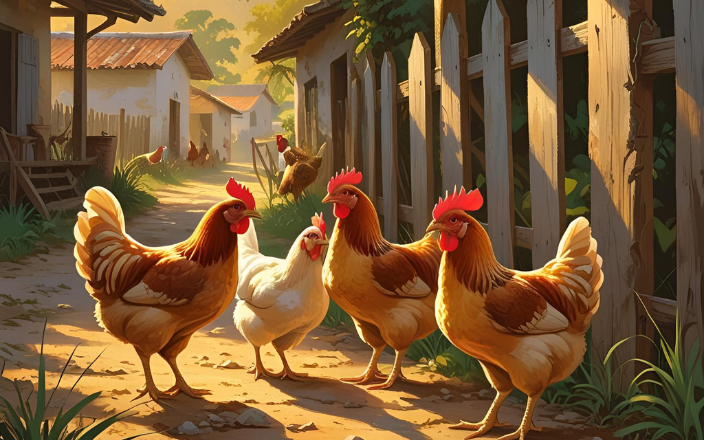Outbreak origin and immediate response
In mid-May 2025, Brazil confirmed its first case of Highly Pathogenic Avian Influenza (HPAI) at a commercial poultry farm in Montenegro, located in the southern state of Rio Grande do Sul. This marked a significant event for the world’s largest chicken meat exporter, prompting swift containment measures by the Ministry of Agriculture.
Authorities implemented strict biosecurity protocols, including the culling of 17,000 birds, disinfection of the affected premises, and the establishment of a 10-kilometer surveillance zone. Over 500 nearby farms were inspected, and seven sanitary barriers were installed to prevent the spread of the virus.
Additional cases and national monitoring
Following the initial outbreak, additional cases were reported, including one at the Brasília Zoo, where a dead pigeon and duck tested positive for HPAI. The zoo was closed to the public as a precaution, and no further cases have been detected since June 4.
The Ministry of Agriculture has emphasized that the virus does not spread through the consumption of poultry or eggs, reassuring the public about the safety of inspected products.
Trade impact: 21 countries maintain restrictions
Despite Brazil’s rapid response, the international reaction has been cautious. As of June 10, 2025, 24 countries had imposed trade restrictions on Brazilian poultry, with 21 still maintaining them. These restrictions vary in scope:
- Full import bans: Countries such as China, the European Union, South Korea, Chile, Canada, and South Africa have suspended all poultry imports from Brazil.
- State-level bans: Nations including the UK, Cuba, and Saudi Arabia have restricted imports only from Rio Grande do Sul.
- City-specific bans: The UAE, Japan, Qatar, and Jordan have limited their bans to products originating from Montenegro.
These measures reflect standard international health protocols aimed at preventing the spread of avian influenza through trade.
Government strategy and industry outlook
Brazilian Agriculture Minister Carlos Fávaro has stated that the outbreak is under control and that the country is on track to regain its bird flu-free status. A 28-day observation period began on May 22, and if no new cases are detected, Brazil could officially declare the outbreak resolved by late June.
The government is actively negotiating with trade partners to lift restrictions sooner than the standard two-month period. Industry leaders, including BRF and JBS, have expressed confidence in the country’s containment efforts and the robustness of its health protocols.
Conclusion
While the outbreak has temporarily disrupted Brazil’s poultry exports—valued at over \$10 billion in 2024 and accounting for 35% of global trade—the swift and transparent response by Brazilian authorities has positioned the country for a strong recovery. The coming weeks will be critical in determining how quickly Brazil can restore full access to international markets.
Sources: Available upon request

